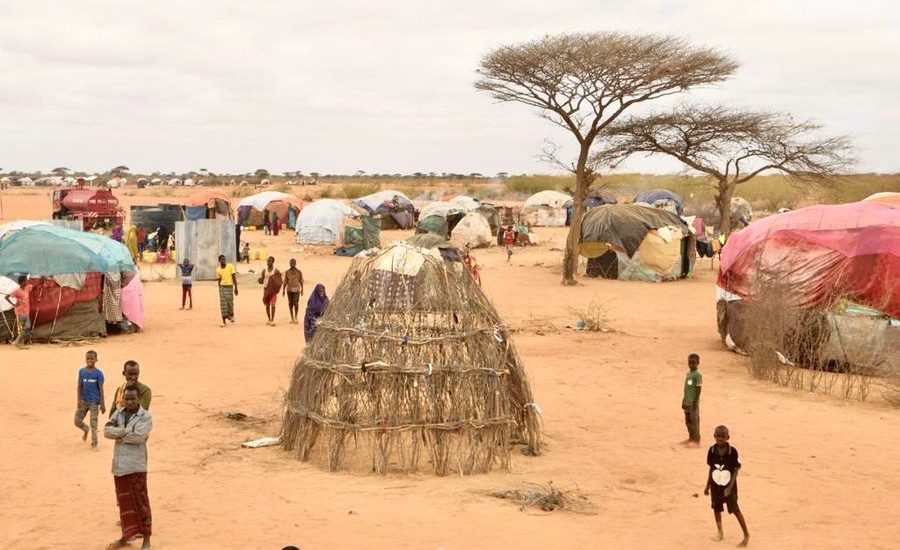- November 7, 2022
- Posted by: humanitarianweb
- Category: Humanitarian News

UN High Commissioner for Refugees Filippo Grandi is urging global leaders to curb the most devastating humanitarian consequences of the climate crisis and avert a catastrophic future for millions of displaced people.
“COP27 must equip countries and communities on the frontlines of the climate crisis to prepare for extreme weather, to adapt, and minimize the impact of the climate emergency,” said Grandi. “We cannot leave millions of displaced people and their hosts to face the consequences of a changing climate alone.”
Climate shocks are combining with conflict, acute food insecurity, rising prices, and the lingering effects of the COVID-19 pandemic to impact people across the globe, but those least responsible for the climate crisis and least able to adapt to its shocks are being hit hardest.
This year’s UN Climate Conference takes place against a backdrop of climate catastrophes from historic floods in Pakistan to the worst drought in decades across the Horn of Africa.
Inside Somalia, nearly one million people have been displaced by drought and the threat of famine. Devastating cyclones in Mozambique have affected tens of thousands of people previously displaced by violence, while South Sudan and Sudan are battling record floods for a fourth consecutive year. More than 3.4 million displaced people and their hosts are facing the consequences of recent destructive flooding in Nigeria, Chad, Cameroon, and the Central Sahel countries of Niger, Burkina Faso, and Mali – a region already experiencing one of the world’s worst displacement crises.
In Cameroon’s Far North, intercommunal violence has erupted between herders, fishers and farmers over dwindling water resources as Lake Chad and its tributaries have dried up from drought. Over 100 people were killed or injured late last year, and tens of thousands fled their homes.
Meanwhile, drought in Central America’s “Dry Corridor” has forced farmers to flee to nearby cities where they are vulnerable to violence from street gangs. And in other parts of the region such as Honduras, climate change is one more factor sparking displacement as hurricanes become ever more powerful and frequent.
Over 70 per cent of the world’s refugees and displaced people come from the most climate-vulnerable countries including Afghanistan, the Democratic Republic of the Congo, Syria, and Yemen. They have an enormous stake in discussions about the climate crisis, but they are too often excluded.
Only bold action and a massive boost in financing for climate mitigation and adaptation can alleviate the current and future humanitarian consequences of the climate crisis on displaced populations and host communities. Investments must be collaborative, inclusive and seek solutions for the most vulnerable. World leaders must look to transformational, lasting, and integrated action that involves local communities, governments, and partners already battling climate extremes. In some contexts, adaptation will not be enough and additional financing will be needed for inevitable “loss and damage”, a stark example of which is being forced from home.
The concerns and solutions for displaced people must be given a place not only in discussions like at COP 27, but also must receive much more support in the climate “hotspots”.
